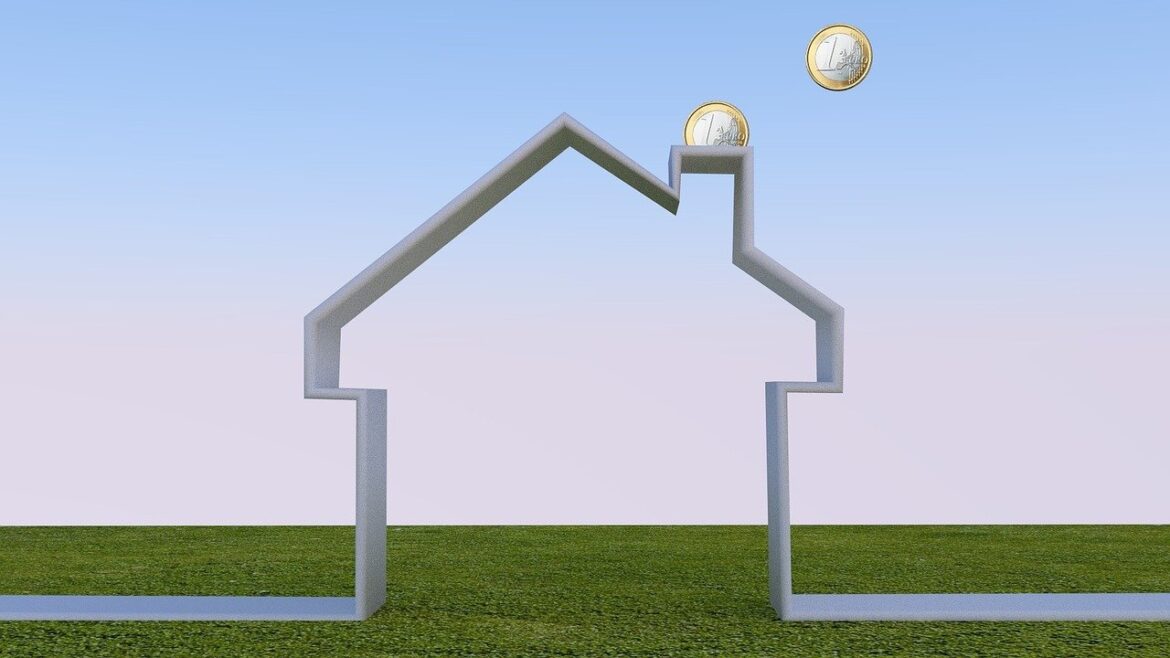Many times we wonder how we can save on electricity, gas and water bills … and after giving it a lot of thought it seems practically impossible, but it is not. In this post we explain 8 simple tips with which it will be possible to save energy at home.
Applying a series of tips to save energy at home is as beneficial for the environment as it is for your wallet. Energy consumption has increased dramatically, in many cases because we are not really aware of the cost of some of our habits. Furthermore, we live in a culture of excessive consumerism that promotes the use of gadgets that we don’t even need.
How to save energy at home?
If your bills are too high at the end of the month, today we explain some solutions to reduce them. Do you want to know how? Next, we give you 8 simple tips that you can implement at home today, and that will allow you to save energy, and consequently money.
- Insulate the house
If we want energy consumption to be more efficient, it is essential to identify and control air leaks, which are usually concentrated in doors and windows. Sometimes they also occur in vents and around exhaust fans. Some of these leaks should be put in the hands of professionals, but others, the simplest ones, we can fix ourselves.
A solution to insulate windows, in an economic way, is by the weatherstripping. Some silicone bands, or other materials, that are placed on the edges of the window frame, sealing it hermetically. Avoiding cold air leaks through any gap, and conserving heat.
2. Replace the bulbs
One of the easiest changes to make is changing the light bulbs in your home. Halogen lamps use up to 10 times more electricity than LED or energy saving bulbs. Yes, its price is higher, but its useful life is also longer (up to 10,000 hours) so it is worth the investment.
3. Unplug appliances
All electrical appliances not in use should always be unplugged. The television, the stereo, the computer or the coffee maker are some of the appliances that we tend to leave plugged in perpetually. And it is important to know that, while they are in standby mode, they continue to consume energy, even when the device is switched off. Unplugging them at night, when we leave the house or when we are not going to use them, will make us notice improvements in the electricity bill.
4. Take short showers
Losing track of time in the shower is very tempting. However, it does not take more than 7 minutes for a complete and impeccable cleanliness. Staying in the shower for 20 minutes can increase your bill of hundreds of euros per year. One trick to correcting this bad habit is to time your showers. It also works to turn off the water while we lather. In the case of having contracted a type of nightly check-in, it is also highly recommended to take your shower at night.
5. Turn off the lights
This advice to save energy that we are going to give you is the simplest of all: turn off the lights. Light accounts for 20% of energy expenditure in homes, so turning off the lights that we are not going to use can mean good savings. Every time we leave a room, we have to turn off the light and turn on only the strictly necessary ones.
6. Wash with cold water
11.8% of the energy we pay at the end of the month corresponds to the activity of the washing machine. Heating water to high temperatures to wash clothes is one of the causes that makes the washing machine one of the appliances that consumes the most. For this reason, we recommend washing cold, since today we have specific and powerful detergents that can remove dirt without using hot water.
In addition, in the case of clothing, the quality of the fabrics and colors will be better taken care of.
7. Lower the heater temperature
In many cases, water heater manufacturers set an average temperature of 60ºC, which is excessive for human use and even harmful to pipes. We can reduce it to 40ºC and we will not notice a difference in our showers, but we will notice a difference in our pocket. A good option to save on your gas bill is also to hire the best gas rate: that of factorenergia.
8. Hire an adequate light rate
Electricity consumption is not the same in all homes; in terms of volume or when this consumption occurs. A family may have higher electricity consumption during daylight hours, while in other families consumption may only occur at specific times when arriving from work … In the first case, a fixed electricity tariff is more appropriate, while , in the second, the variable rate would be more convenient.

